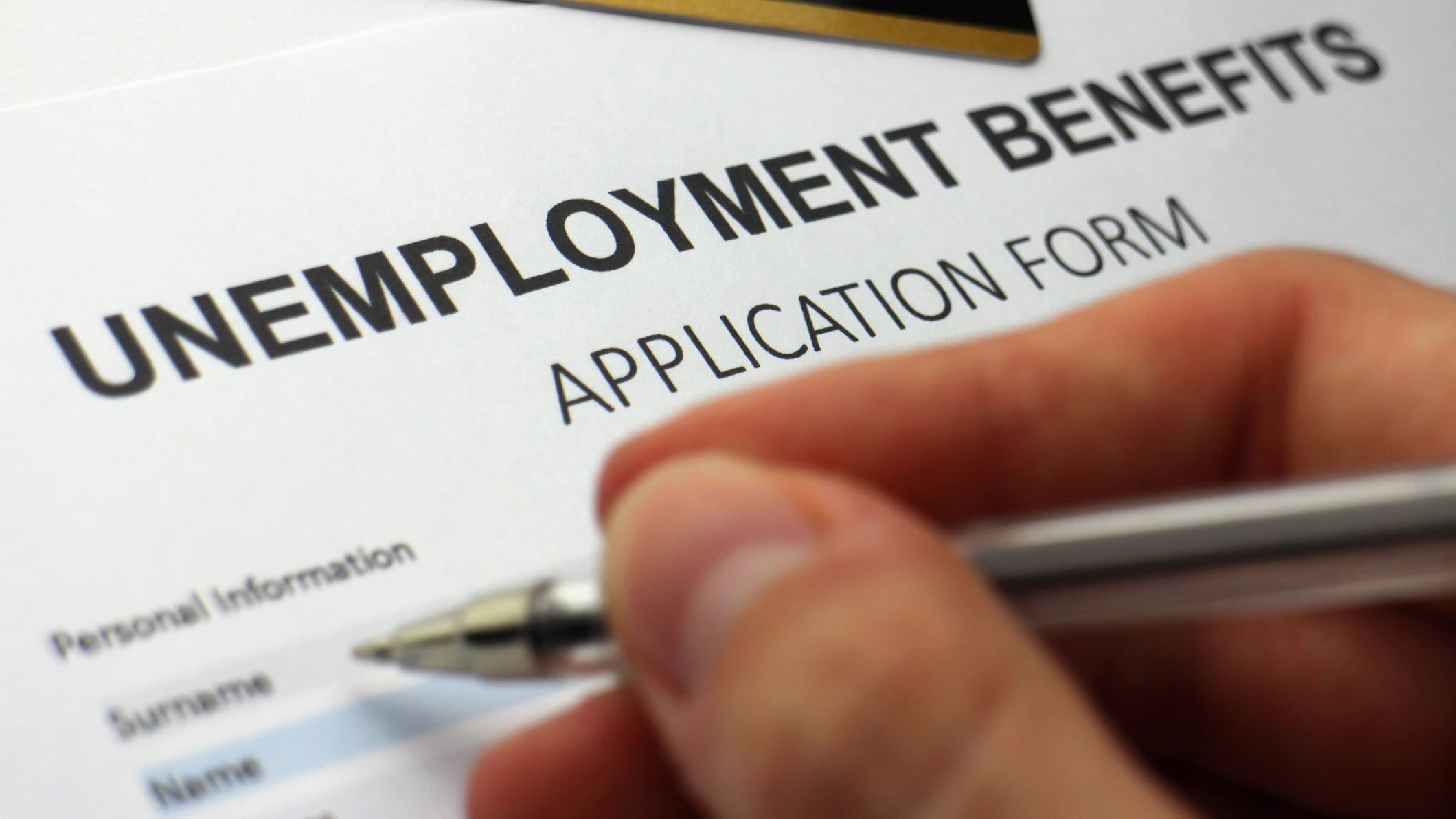

Filing for unemployment benefits in Michigan: A step-by-step guide
Learn how to navigate the process of filing for unemployment benefits in Michigan with our easy-to-follow guide.
- The net settlement fund of about $34 million goes to the 23,212 eligible class members who filed timely claims.
- The preliminary injunction preventing the UIA from engaging in collection efforts has been dissolved as part of the settlement agreement.
- Michigan’s UIA said claimants who were paid more benefits than they were entitled to receive on regular or pandemic claims may now be required to pay back the funds.
The state of Michigan will pay about 23,000 pandemic-era unemployment insurance claimants who were told they owed money back to the state a total of $34 million after a state judge signed off on a settlement reached in a lawsuit.
Judge Brock Swartzle of the Michigan Court of Claims on May 13 signed off on the settlement in which Michigan’s Unemployment Insurance Agency agreed to pay $55 million and make changes to how it processes claims.
As part of the order, a preliminary injunction that prevented the UIA from engaging in collection efforts has been dissolved and the agency may now resume these efforts.
The net settlement fund of about $34 million goes to the 23,212 eligible class members who filed timely claims, while a reserve fund of $1.1 million has been set aside to pay late claims, along with payments for attorney fees and the administration of the settlement for a total of $55 million, according to the order.
The claimantsfiled the lawsuitSaunders v. Michigan Unemployment Insurance Agency, in the Michigan Court of Claimsin January 2022. They argued that their due process rights had been violated after they received benefits in the pandemic and then were told they were overpaid benefits and had to pay them back.
As many as 1.83 million Michigan workers were approved for some form of unemployment insurance benefits and received them. Theywere then told they weren’t eligibleamidevolving guidance on eligibilityfrom the federal government. Michigan’s UIA said those workers had to pay the money back and, in some cases, the agencyclawed back moneyfrom those claimants.
Collection activitieswere paused in December 2022as part of a court order for anyclaimant who filed for benefits on or after March 1, 2020, and who received an overpayment letter and appealed or protested the decision.
Because that preliminary injunction preventing the UIA from engaging in collection efforts has been dissolved, “claimants who were paid more benefits than they were entitled to receive on regular or pandemic claims may now be required to pay back the funds,” Michigan’s UIA said in a news release May 15.
“UIA will work to understand the full implications of the court’s order to end the collections pause and determine the best path forward,” UIA Director Jason Palmer said in the news release. “When the time comes, UIA is committed to issuing clear guidance to the public outlining next steps and expectations for those asked to repay benefits they were not entitled to receive.”
The UIA said it will refrain from collecting overpayments until protest or appeal rights have been exhausted and claimants are given a chance to request a waiver based on financial hardship, administrative or clerical error or a wage reporting error, according to the terms of the settlement agreement.
Contact Adrienne Roberts: amroberts@freepress.com



